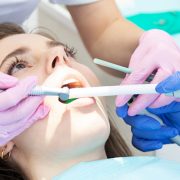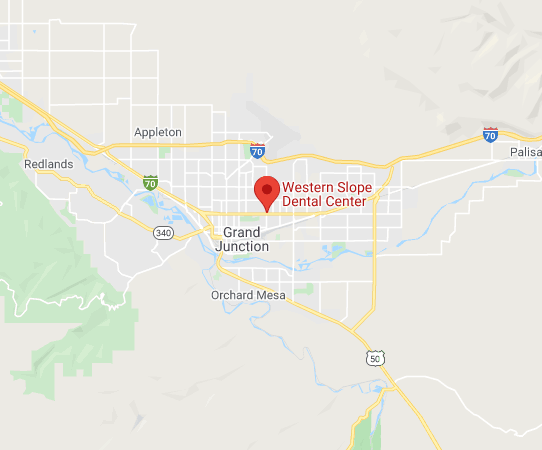Can Adults Get Dental Sealants?
Dental sealants are not necessarily a well-known procedure. For many, it’s easy to get it confused with other services, like dental bonding, which can make it difficult for patients to get the treatments they need. If you’re looking for dental sealants in Grand Junction, CO, we’ll look at who it’s best for and why it’s a valuable treatment.
What Are Dental Sealants?
Dental sealants are plastic coatings that cover the molars and premolars. It fills in the small fissures in the tooth, essentially protecting it from cavities and tooth decay of any kind.
So, you might ask if dental sealants can protect your teeth, why doesn’t everyone get them and avoid fillings and root canals for the rest of their lives? The reality is that sealants only work if your teeth have crevices in them, and that only occurs in your molars and premolars when you’re a child. Once your teeth have smoothed out, as they will when you’re an adult, sealants are far less effective.
Can Adults Get Sealants?
While it’s rare, it is possible for adults to get sealants if their teeth have grooves where bacteria can gather. In general, though, the treatment is best for young children.
Find a Dentist in Grand Junction, CO
If you’re looking for a dentist in Grand Junction, CO, contact Western Slope Dental Center to learn more about our treatments. Sealants are a relatively simple procedure, but it’s important to find a qualified professional to take all the necessary steps. Once the coating goes on, there’s no turning back. If there’s any leftover bacteria in the recesses of the tooth, the bacteria will be sealed in (and inevitably start to eat away at the healthy tooth).








